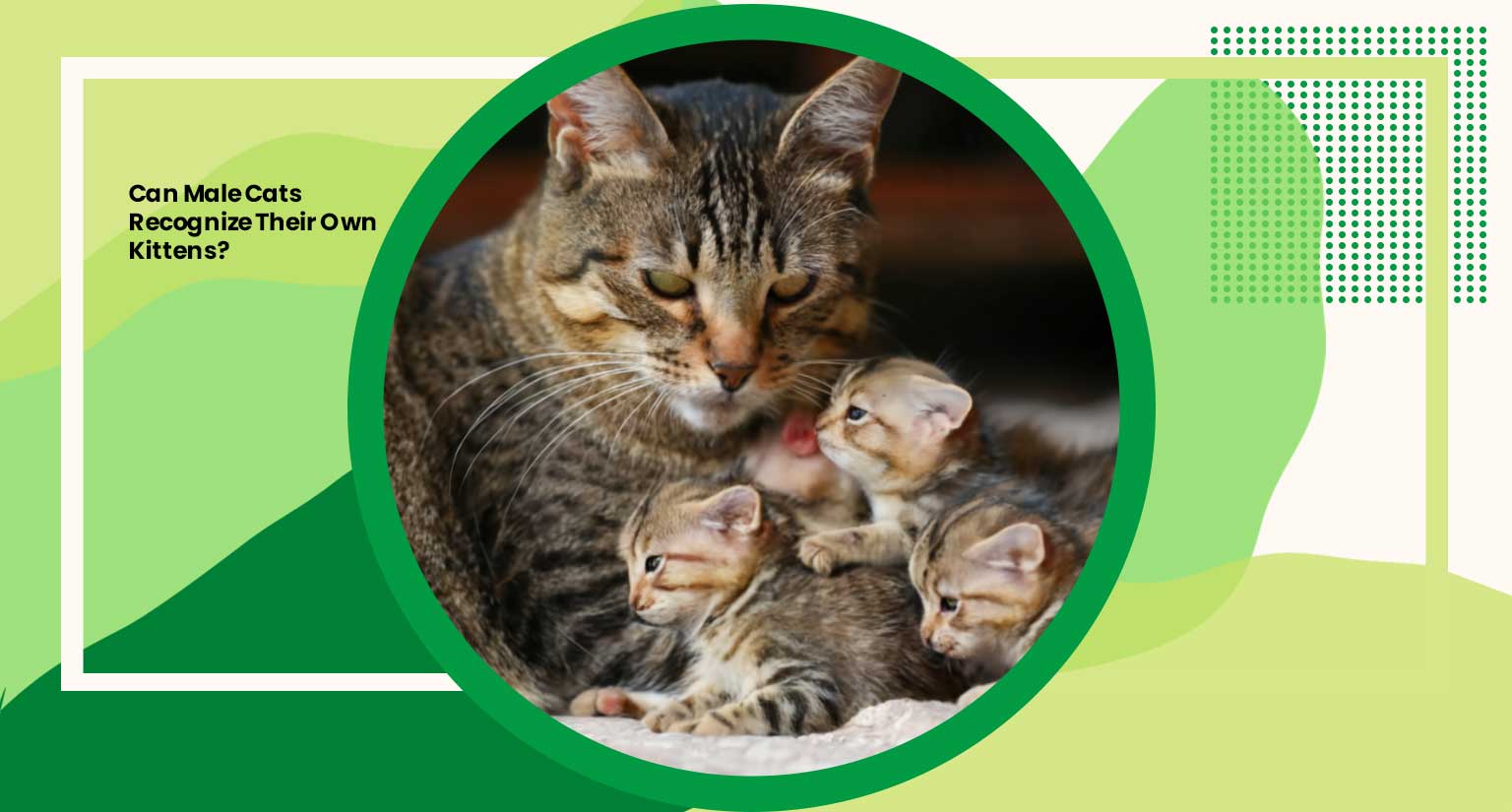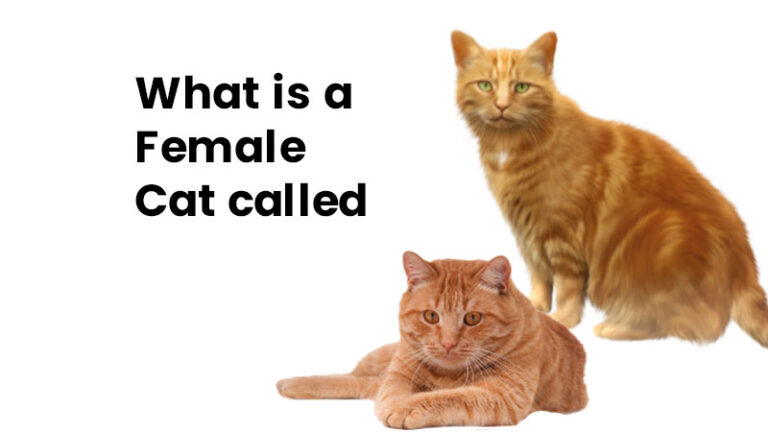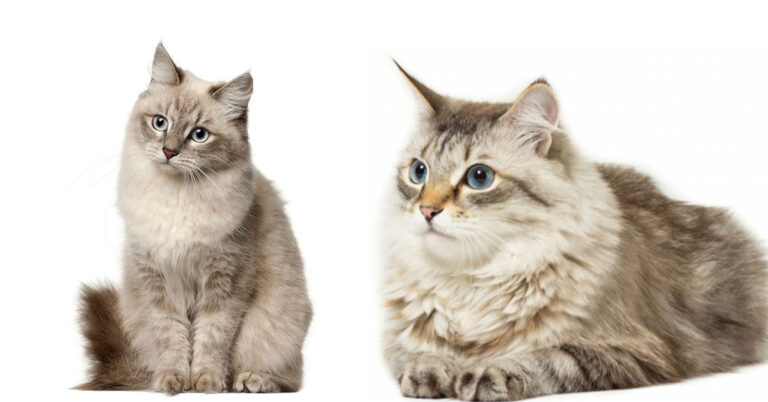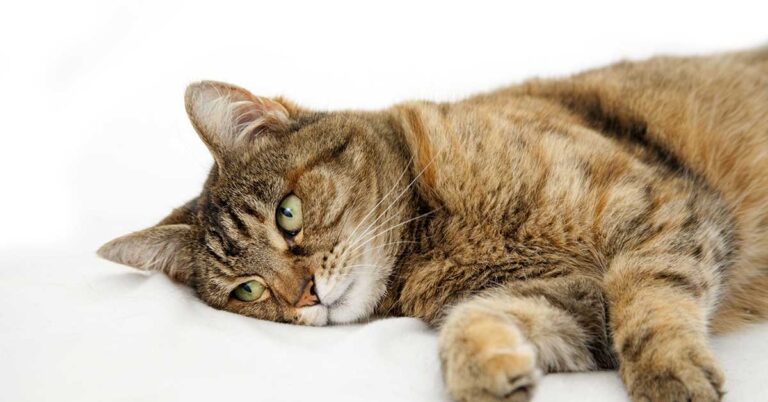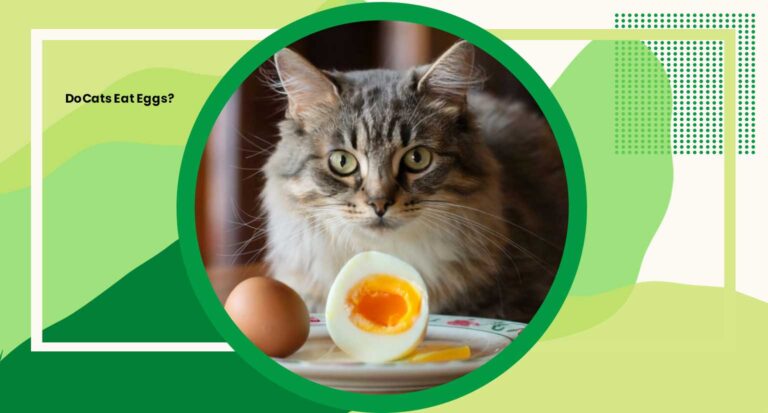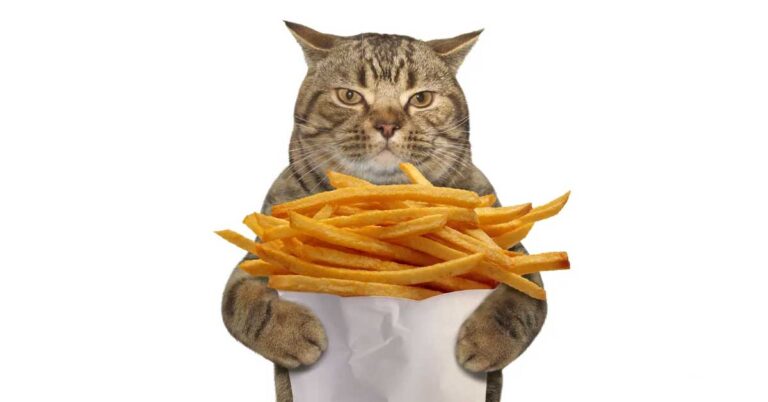Can Male Cats Recognize Their Own Kittens? 4 Fascinating Insights Unveiled
The intricate world of feline relationships as the captivating question, Can male cats recognize their own kittens? In the realm of domestic bliss, this query unveils the heartwarming connections that extend beyond instinct.
The mysteries of paternal recognition in our whiskered companions. Whether it’s a tender nuzzle or a protective gaze, decipher the subtle cues that suggest a fatherly bond between male cats and their adorable offspring.
Do Male Cats Bond With Their Own Kittens?
Male cats, often characterized by their independence and aloof demeanor, indeed form bonds with their kittens that transcend mere biological ties. Despite popular beliefs, these majestic creatures exhibit remarkable paternal instincts, fostering nurturing relationships with their offspring.
From the moment their kittens enter the world, male cats display an array of endearing behaviors that signify their bond. They actively participate in grooming rituals, delicately grooming their young with tender licks and gentle nudges. This act not only maintains cleanliness but also reinforces the paternal connection.
Moreover, male cats exhibit protective instincts, vigilantly guarding their kittens against perceived threats. Their watchful presence offers a sense of security to the vulnerable young, fostering a safe environment for exploration and growth.
While the intensity of the bond may vary among individual cats, studies suggest that paternal recognition plays a significant role in fostering familial cohesion within feline communities. Through shared experiences and mutual affection, male cats establish enduring bonds with their kittens, enriching the fabric of their feline families.
Can Male Cats Recognize Their Own Kittens?
Yes, cats do recognize their own kittens. Through a combination of sensory cues, including scent, visual recognition, vocalizations and behavioral interactions, cats are able to identify and distinguish their offspring from other cats. The recognition process begins shortly after birth and continues as the kittens grow and develop within the familial environment.
Male and female cats both exhibit parental recognition of their kittens, albeit in different ways. Mothers typically display more immediate and intimate recognition due to their close proximity and caregiving role during the early stages of kittenhood. They rely heavily on scent and vocal cues to identify their offspring and provide nurturing care.
Male cats also demonstrate recognition of their own kittens through various sensory and behavioral cues. They may engage in grooming rituals, protective behaviors and social interactions that reflect their bond with the kittens.
Additionally, paternal recognition often strengthens over time as the male cat becomes more familiar with the individual characteristics and behaviors of the kittens.
Overall, the ability of cats to recognize their own kittens underscores the complexity of feline social dynamics and the importance of familial bonds within cat communities.
How Male Cats Recognize Their Own Kittens?
Sense of Smell
The olfactory senses of male cats play a pivotal role in recognizing their own kittens. Each kitten emits a distinct scent that the father cat identifies and associates with familial bonds. This heightened sense of smell allows male cats to distinguish their offspring from other felines.
Visual Recognition
Male cats also rely on visual cues to recognize their kittens. They memorize the physical features, markings and unique characteristics of each kitten, enabling them to distinguish their progeny from other cats within the household or community.
Vocalization Patterns
The vocalization patterns of kittens serve as auditory cues that aid in paternal recognition. Male cats familiarize themselves with the distinct meows, chirps and purrs of their offspring, responding attentively to their calls for attention, comfort or nourishment.
Behavioral Interactions
Observing the behavioral interactions among kittens facilitates paternal recognition in male cats. They discern the playful antics, social dynamics and communication signals unique to their offspring, fostering a deeper understanding of familial relationships.
Touch and Texture
Physical contact and tactile sensations contribute to the recognition process. Male cats perceive the touch and texture of their kittens’ fur, associating these sensory experiences with the bonds of kinship and affection.
Hormonal Changes
Hormonal changes, particularly during the mating and birthing processes, influence male cats ability to recognize their own kittens. Pheromonal cues emitted by the mother and offspring trigger paternal instincts, fostering a sense of familiarity and attachment.
Memory and Cognitive Abilities
Male cats possess remarkable memory and cognitive abilities that facilitate the recognition of their offspring. They recall past interactions, experiences and nurturing moments shared with their kittens, reinforcing the bonds of paternal affection.
Social Bonding Rituals
Engaging in social bonding rituals strengthens the paternal recognition between male cats and their kittens. Shared grooming sessions, mutual playtime and affectionate gestures reinforce the familial bonds, fostering a sense of belonging and security within the feline community.
Environmental Familiarity
Male cats recognize their own kittens within the familiar confines of their environment. They navigate familiar territories with confidence, guiding their offspring through shared experiences and teaching them essential survival skills.
Emotional Connectivity
Above all, the emotional connectivity between male cats and their kittens transcends mere instinctual recognition. Through shared experiences, affectionate gestures and nurturing care, they forge enduring bonds that enrich the fabric of feline families.
Can A Male Cat Harm Kittens?
While instances of male cats harming kittens are relatively rare, there are certain circumstances where caution should be exercised to ensure the safety and well being of the kittens. Understanding the dynamics of feline behavior and introducing appropriate measures can help mitigate potential risks.
Territorial Aggression
Male cats, particularly those with strong territorial instincts, may exhibit aggression towards kittens perceived as intruders within their territory. This aggression is often rooted in the male cat’s instinct to protect its territory and assert dominance.
Lack of Paternal Instincts
Not all male cats possess strong paternal instincts towards kittens, especially if they have not been exposed to socialization or caregiving experiences during their formative stages. In such cases, male cats may display indifference or aggression towards kittens.
Stress and Anxiety
Stressful environments or changes in the household dynamics can trigger anxiety in male cats, leading to aggressive behaviors towards kittens or other pets. It’s essential to identify and address the underlying causes of stress to prevent potential harm.
Misdirected Play Behavior
Male cats may inadvertently harm kittens during play if their natural hunting instincts are misdirected. What may seem like playful behavior to the male cat could result in injury to the kittens due to differences in size and strength.
Introduction Challenges
Improper or rushed introductions between male cats and kittens can increase the likelihood of aggression or conflict. Gradual introductions, supervised interactions and positive reinforcement are essential for fostering acceptance and harmony within the feline household.
Precautionary Measures
To minimize the risk of harm to kittens, consider the following precautionary measures.
- Provide a safe and secure environment for the kittens, including separate sleeping and feeding areas.
- Monitor interactions between male cats and kittens closely, intervening if signs of aggression or stress arise.
- Offer enrichment activities and toys to redirect the male cat’s energy and prevent boredom induced aggression.
- Seek guidance from a veterinarian or animal behaviorist if concerns about aggression persist or escalate.
While the prospect of a male cat hurting kittens is concerning, proactive measures and responsible pet management can help mitigate potential risks and foster a harmonious environment for all feline companions.
By understanding feline behavior and addressing underlying factors contributing to aggression, pet owners can ensure the well being and safety of their beloved cats and kittens.
Conclusion
In conclusion, the intricate bonds between male cats and their kittens extend beyond mere instinct, encompassing a profound sense of recognition and familial connection. Through sensory cues, behavioral interactions and emotional bonding, male cats demonstrate a remarkable ability to recognize and nurture their own offspring.
While challenges may arise, proactive measures and understanding of feline behavior can foster harmonious relationships within the feline family unit. The depth of paternal recognition exhibited by male cats underscores the complexity and richness of interspecies relationships.
By unraveling the mysteries of feline recognition, gain insight into the profound bonds that unite cats and kittens, enriching understanding of the dynamic interplay between instinct and affection in the animal kingdom.

